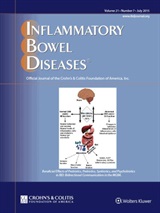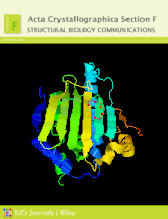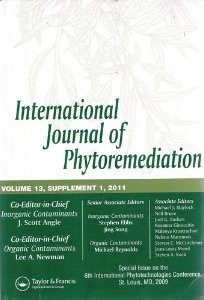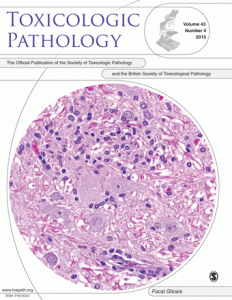 Noriyuki Takai, a gynecologic cancer researcher at Oita University in Japan, has lost another five papers. With a new total of 13, that means he’s now on our leaderboard.
Noriyuki Takai, a gynecologic cancer researcher at Oita University in Japan, has lost another five papers. With a new total of 13, that means he’s now on our leaderboard.
Three of the retractions are from the journal Tumor Biology, one is from the International Journal of Gynecological Cancer, and one from Anticancer Research.
Takai is the first author on all 5 papers.
As has been the case with Takai’s retractions, and there’s evidence that all were felled by issues with figures. In all, according to the retraction notices, “original data were processed inappropriately.” Four end with the following sentence (or some close variation thereof):
Continue reading Gynecologic cancer researcher up to 13 retractions








